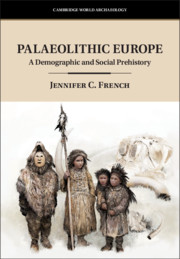This essay responds to Brack et al., ‘Plague and the Mongol Conquest of Baghdad (1258)? A reevaluation of the sources’, which is a critique of our 2021 essay in this journal, ‘Plague and the Fall of Baghdad (1258)’. We argue that Brack and colleagues have misunderstood our investigation as an attempt to pinpoint the exact timing of the outbreak of plague connected with the Mongol siege of Baghdad, and so believe that an altered timeframe invalidates our suggestion that plague was involved. Taking this opportunity to revisit the state of plague historiography in western Asia, we address four issues: (1) why Mongol historiography has, until recently, avoided the question of plague’s late mediaeval resurgence within the Mongol Empire and why the ‘new genetics’ of plague now makes the question unavoidable; (2) why reconstruction of the biological processes of ‘focalisation’ is now the most urgent question in plague historiography since it constitutes what we call the prodromal stage of the Black Death pandemic; (3) how a newly informed biological perspective on disease history can allow a more sensitive reading of past observers’ reports of epidemics; and finally, (4) what a plausible scenario might look like for plague’s presence in western Asia and the eastern Mediterranean region in the late-thirteenth and early-fourteenth centuries as an emerging zoonotic disease with occasional epizootic and human outbreaks, before the more catastrophic outbreaks of the 1340s commonly referred to as ‘the Black Death’.


